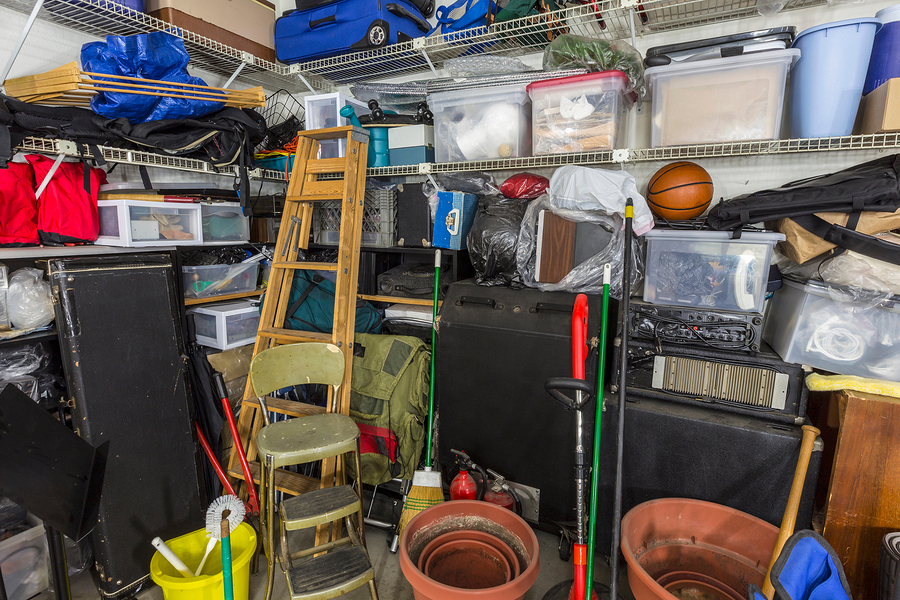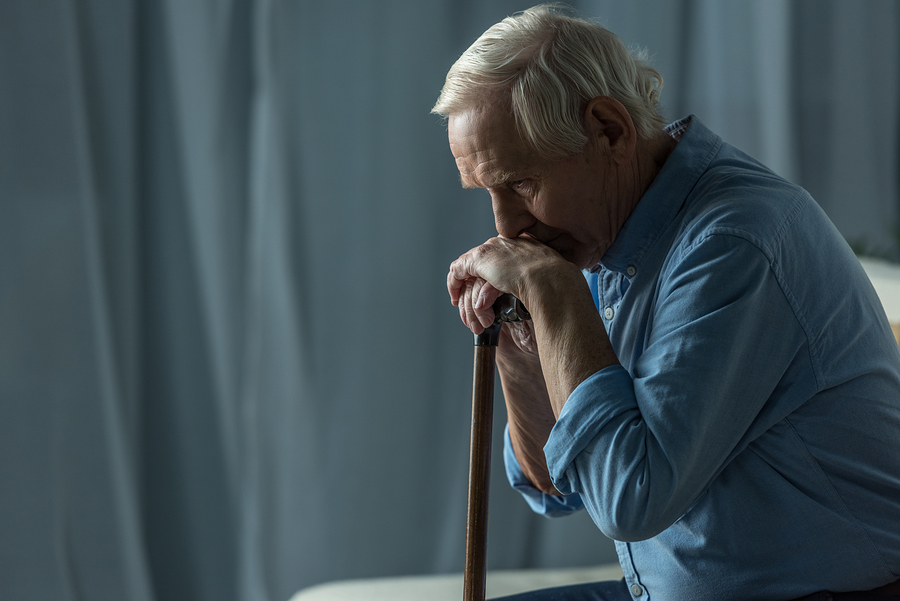The Dangers of Hoarding
Category:

Many of us have lots of stuff and as we age, we tend to gather even more. It can be hard to let it go. Occasionally the need to hold onto our stuff develops into a mental health condition called compulsive hoarding. Compulsive hoarding is the excessive and compulsive collecting of items along with the inability to get rid of any of them, regardless of their state. Extreme hoarding can create such cramped living spaces for individuals that they can no longer access certain parts of their home or they only have pathways of clear spots in their homes to walk along.
If you feel your elderly parent is a hoarder, you may have tried to speak to him about the number of items in his home. Your elderly care provider may have also expressed her concerns. Many senior hoarders have a hard time letting go of the items they’ve collected and say that they won’t get rid of them because of reasons that sound like this:
- “I might need it someday, or you might need it someday.”
- “It’s too important to me and reminds me of a special memory.”
- “It was such a great deal (or I got it free!) so I can’t simply throw or give it away.”
While hoarding often indicates other mental health issues occurring such as anxiety, depression and obsessive-compulsive disorder, it can also create serious health risks for your parent attempting to live independently. The dangers that come with hoarding can be life threatening as well as isolating.
Falling
With so many objects cluttering his home, hoarding increases the likelihood of your parent falling while he tries to maneuver around the items in his residence. For some hoarders, they literally have to climb over piles of items to reach the next room or get to the door, creating a very unstable walking surface for them. With items stacked to the ceilings, the risk of something falling into the walkway and not being seen by your parent is likely.
Restricting Visits
Many people are uncomfortable in the home of a hoarder. It creates an uneasy and tense environment. You might find family has stopped visiting or your elderly care provider may not be able to come inside the home to perform the duties you’ve asked her to do. This only compounds your parent’s feeling of loneliness and isolation.
Unsanitary Environment
When hoarding behaviors have taken over, your parent may find himself unable to throw away even unsanitary items such as garbage, soiled linens, or pet feces. Having these unsanitary items stay in the home then invites other pests to enter the home and search out the items left out. Your parent may have an insect infestation such as ants or cockroaches or may have other critters such as mice in his home that he’s unable to get rid of because of the unsanitary conditions of his hoarding.
Fire hazards
An excessive amount of papers piled up can create a fire hazard and might cause a small flame to quickly engulf the entire home. It can also make it hard for your parent to escape the home if a fire were to break out.
If you feel your parent is struggling with excessive hoarding, seek professional help to get him on the path of healing.
Subscribe
Date: April 15, 2021
Category:


